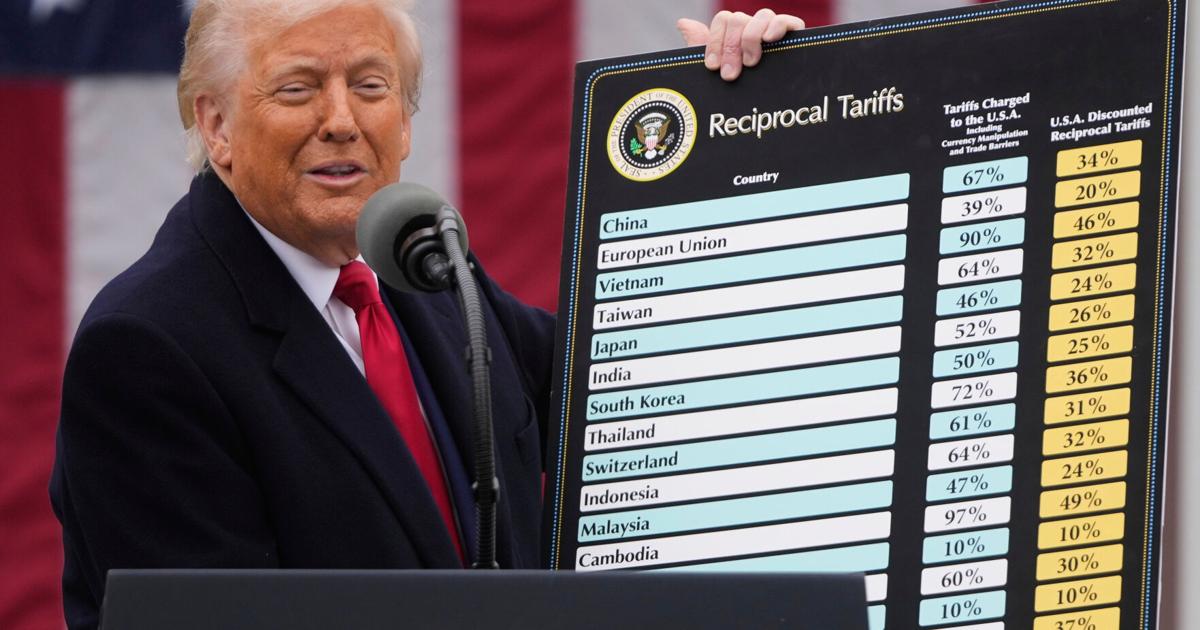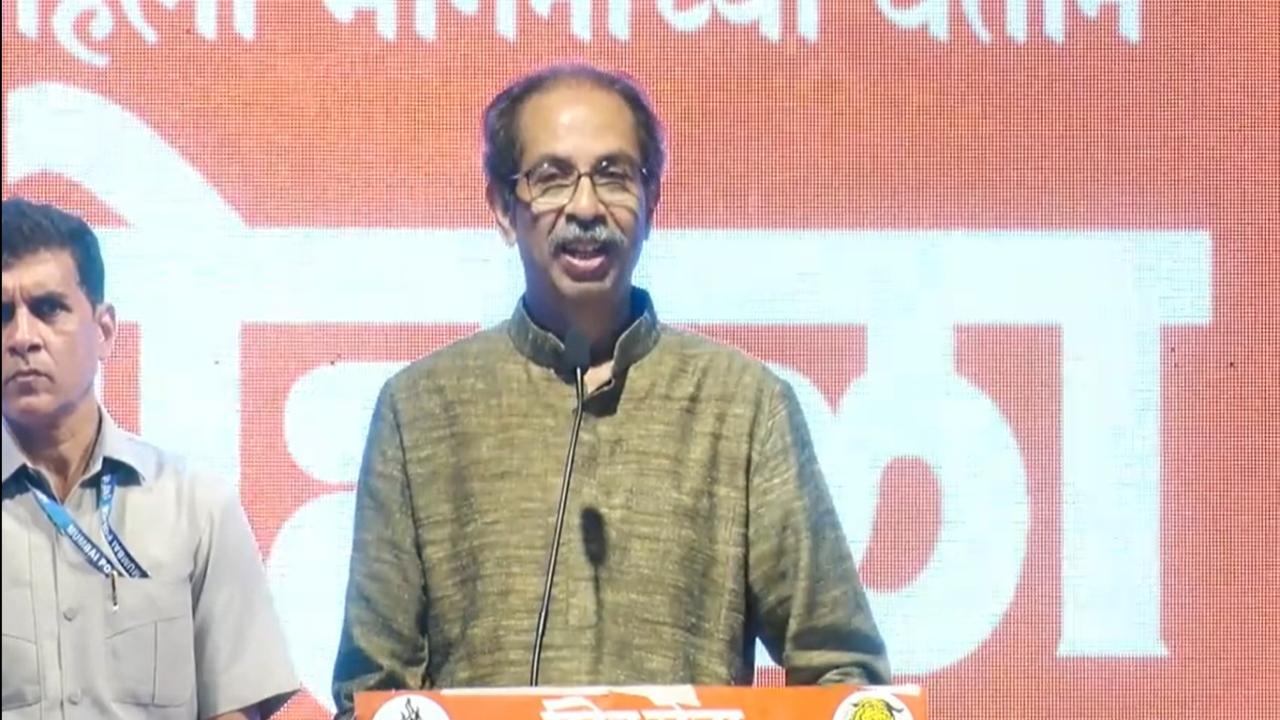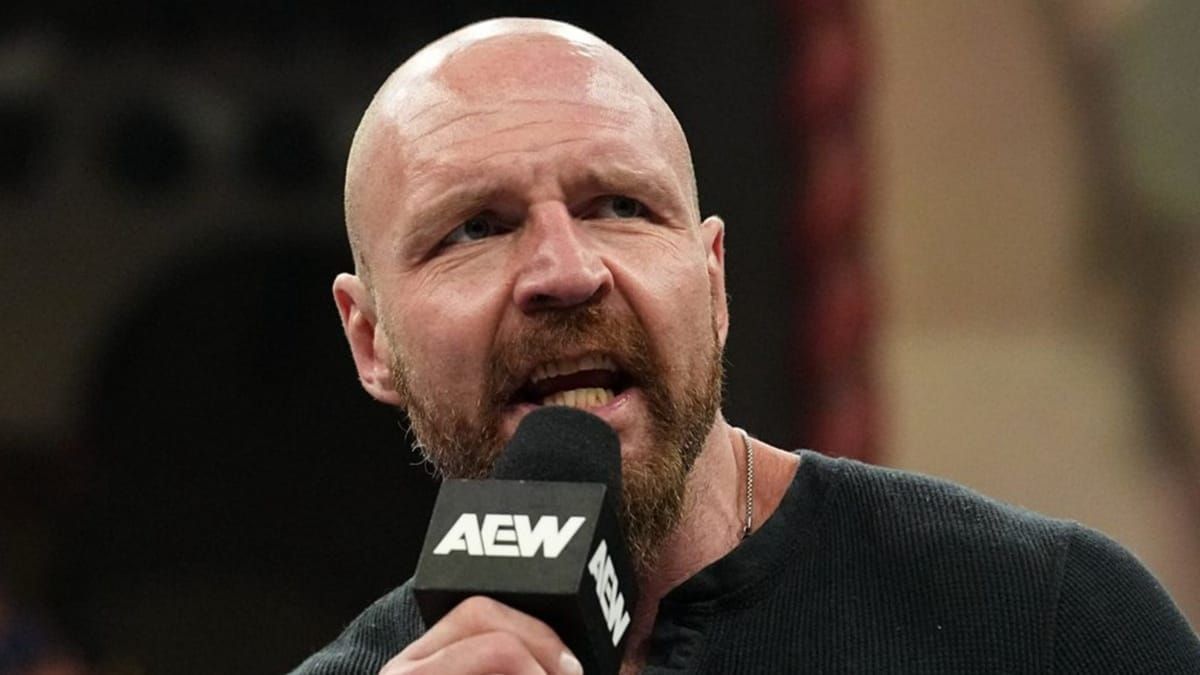FILE – President Donald Trump speaks during an event to announce new tariffs in the Rose Garden at the White House, on April 2, 2025, in Washington. (AP Photo/Mark Schiefelbein, File)
FILE – The Supreme Court building is seen, June 27, 2024, in Washington. (AP Photo/Mark Schiefelbein, File)
—
**Supreme Court Appears Skeptical of President Trump’s Sweeping Tariffs**
WASHINGTON — Conservative members of the Supreme Court on Wednesday appeared skeptical of President Donald Trump’s authority to implement sweeping unilateral tariffs. The case, considered a pivotal test of executive power, could reshape the limits on tools central to Trump’s broader economic agenda.
While several justices challenged the rationale for the tariffs during oral arguments, the proceedings are ongoing. A final decision from the Court is expected in weeks or months.
**The Case at a Glance**
The Republican administration is defending the tariffs—key to Trump’s economic strategy—following lower court rulings that determined the emergency law he invoked does not grant the president unrestricted power to set and change import duties. According to the Constitution, Congress holds the power to levy tariffs. However, the Trump administration contends that, in emergencies, the president may regulate importation, including the imposition of tariffs.
Justice Amy Coney Barrett pressed the government on this point, asking, “Has there ever been another instance in which a statute has used that language to confer the power?” Justice Neil Gorsuch also questioned whether accepting Trump’s argument would grant the president powers belonging to Congress.
Trump has called the case one of the most important in U.S. history, warning that a ruling against him would be catastrophic for the economy.
**Small Businesses Caught in the Middle**
Challengers argue that the 1977 emergency powers law Trump used makes no mention of tariffs and note that no previous president has used it for such a purpose. A group of small businesses claims that the uncertainty surrounding the tariffs is pushing them to the brink of bankruptcy.
**Two Rounds of Tariffs Under Scrutiny**
The case centers on two sets of tariffs:
– **The first set**, imposed in February, targeted imports from Canada, China, and Mexico after Trump declared a national emergency over drug trafficking.
– **The second set**, known as “reciprocal” tariffs, was announced in April and applies to most countries.
Multiple lawsuits have been filed, including from Democratic-leaning states and small businesses spanning industries such as plumbing supplies and women’s cycling apparel.
Lower courts have struck down the majority of Trump’s tariffs as an illegal use of emergency power. However, the Supreme Court may ultimately see the case differently.
**Conservative Majority Faces a Landmark Test**
Trump shaped the Supreme Court’s conservative majority by appointing three of its nine justices during his first term. Until now, the justices have been hesitant to challenge his uses of executive power, often granting him temporary wins in emergency decisions. However, many core issues of Trump’s agenda have yet to be fully argued at the Court, so this outcome could influence future legal challenges.
The court has previously been skeptical of presidential executive authority. For example, when President Joe Biden attempted to forgive $400 billion in student loans under emergency authority, the Court ruled that he lacked clear congressional authorization—a precedent known as the “major questions doctrine.” Challengers say Trump’s tariffs, which could raise $3 trillion over the next decade, merit the same scrutiny.
**Debating Presidential Power**
The government insists these tariffs are different, arguing they are essential to Trump’s approach to foreign affairs—an area where courts traditionally defer to the president.
Additionally, challengers are invoking the conservative justices’ own skepticism over the Constitution allowing other branches to exercise powers reserved for Congress, known as the “nondelegation doctrine.” Trump’s interpretation, they argue, could allow anyone empowered to “regulate” imports to also impose taxes—a troubling prospect. The Justice Department counters that this principle applies to government agencies, not the president.
**Potential Consequences**
If Trump ultimately loses at the Supreme Court, he could still impose tariffs using different laws, but those would have stricter limits on their speed and severity. A defeat might also require the government to refund as much as $195 billion in tariffs collected as of September.
Though the administration won over four appeals court judges with the argument that the 1977 International Emergency Economic Powers Act (IEEPA) provides presidential authority to regulate imports during emergencies, Congress has, in recent years, ceded more tariff power to the president—something Trump has seized upon.
**Stay Informed**
Subscribe to The Philadelphia Tribune for the latest updates on this developing story.
—
*Please keep comments respectful and adhere to our community guidelines.*
https://www.phillytrib.com/news/conservative-supreme-court-justices-appear-skeptical-of-trumps-sweeping-unilateral-tariffs/article_d3c28274-c1aa-4f55-b185-41b52bc70818.html



